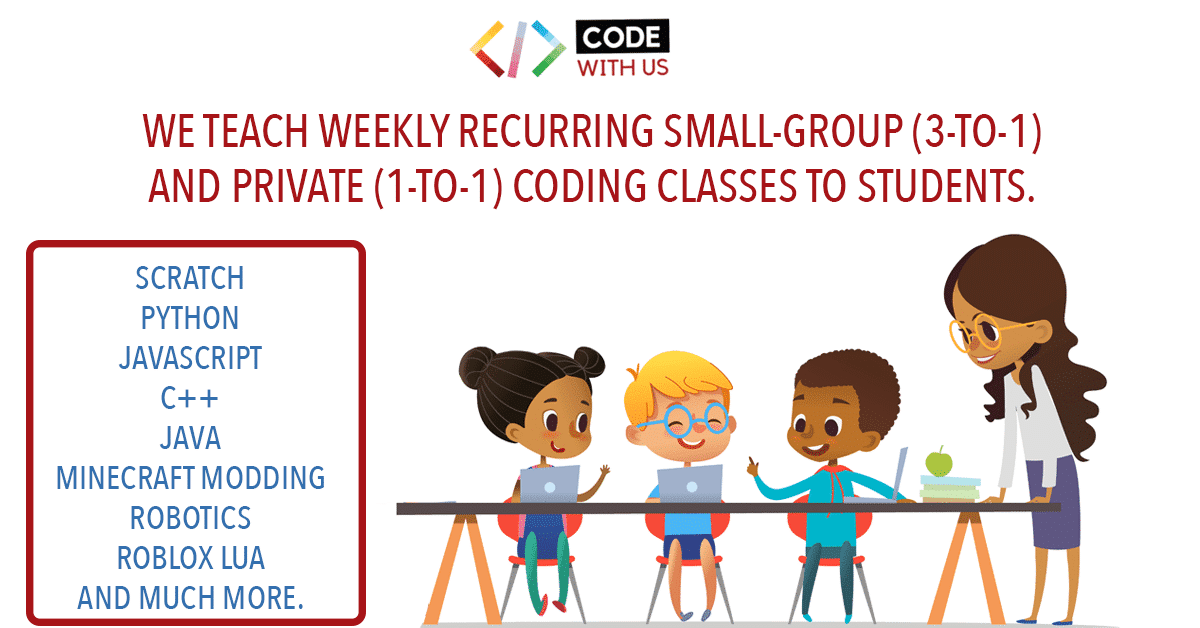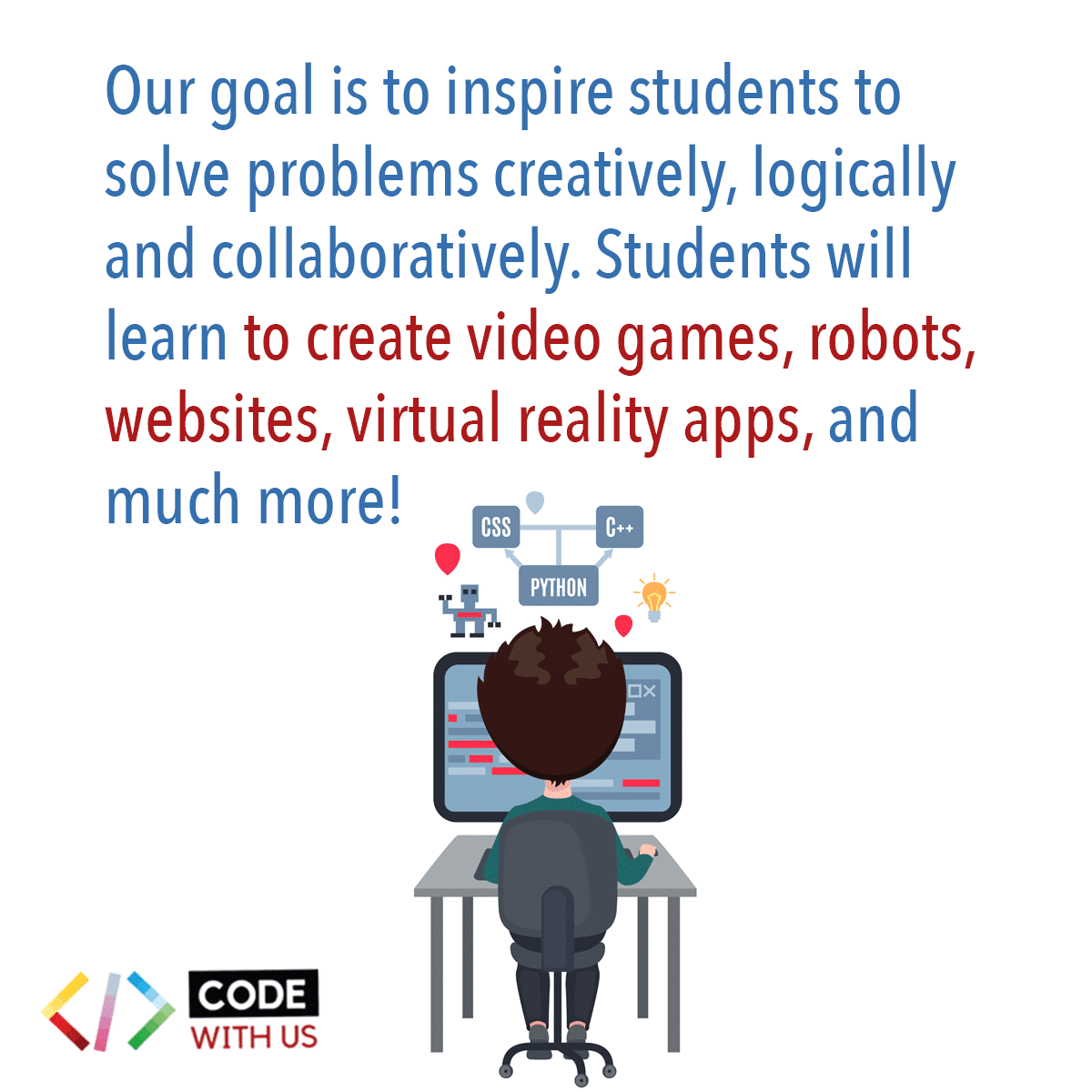Your Kids Should Start Coding Early and Here’s Why
With coding now predicted to become the new measurement of human literacy, is it ever too early to develop this transferable skill? There are good reasons to believe that children who start coding early can advance more in complex thinking and thus set themselves up for future success. Guest Post by Yasser Jilani, COO and co-founder of Code With Us, a fast-growing edTech Silicon Valley organization.

Imagine that 65% of today’s children entering primary school will hold jobs that don’t exist yet. These professions will likely require technical skills and a highly adaptable mindset. This way, coding is relevant not just due to its beneficial learning impacts: It could potentially define the employability of future generations.
When introduced progressively and with the right difficulty levels, children of virtually any age can start coding early step by step and, here’s why.
The Compounding Cognitive Effects of Coding
“Everybody in this country should learn a computer language because it teaches you how to think,” Steve Job’s words (who actually never coded for Apple) certainly referred to the core of coding. Coding means giving a computer instructions to perform specific commands to develop a product, so it creates a particular way of thinking.
Beyond IT proficiency, coders are known for being extremely detail-oriented. Learning to code makes for a persistent, communicative, and collaborative child when practiced together with peers. While coding takes place on the left side of the brain, children mostly use the right side of the brain. A five-year-old child that has reached the preoperational stage understands the mental representations of words and images. This is said to be the perfect time for starting the coding journey and learning multiple languages.
Children over five should have coding as part of their school curriculum. The demand for jobs requiring the same cognitive skills as coding (including emotional intelligence and critical thinking) will only continue to rise by 2030. This is why educators and social and healthcare professionals need to know more about how learning to code benefits children’s development. The essential factors are the early-stage and the age group, and why coding should be introduced as something fun and easy to understand.

The Best Approach to Learning Code
Making coding amusing shouldn’t be too hard. Coding language itself has close links to storytelling techniques such as creative writing. Code With Us’ project-based game designing curriculum is developed with that in mind. We encourage our students to think creatively and design creatively by using a medium that they can relate to and enjoy. Our goal at Code With Us is to make Coding just as exciting and versatile as any other school subject because it allows children to make something on their own and be inventive.

Start Coding Early: The New Normal
CLICK HERE Start Coding Early with Your Child – Get Code With Us in the Homeschool Planet Marketplace TODAY!


